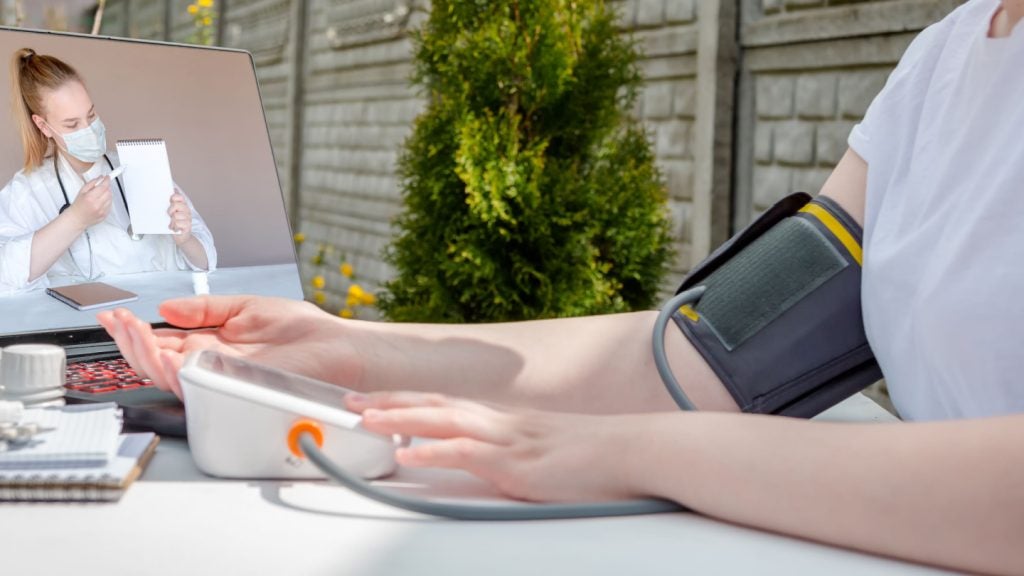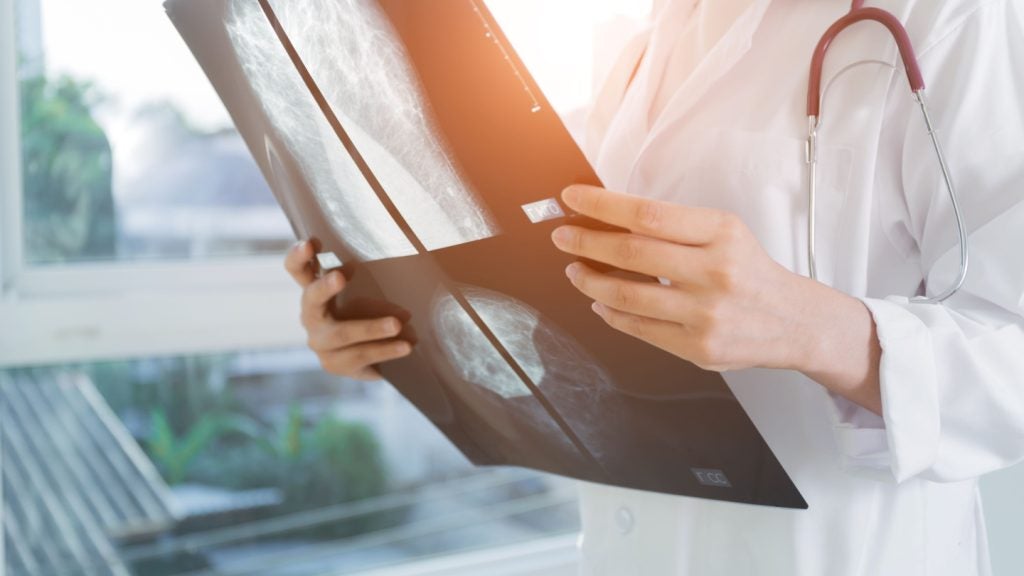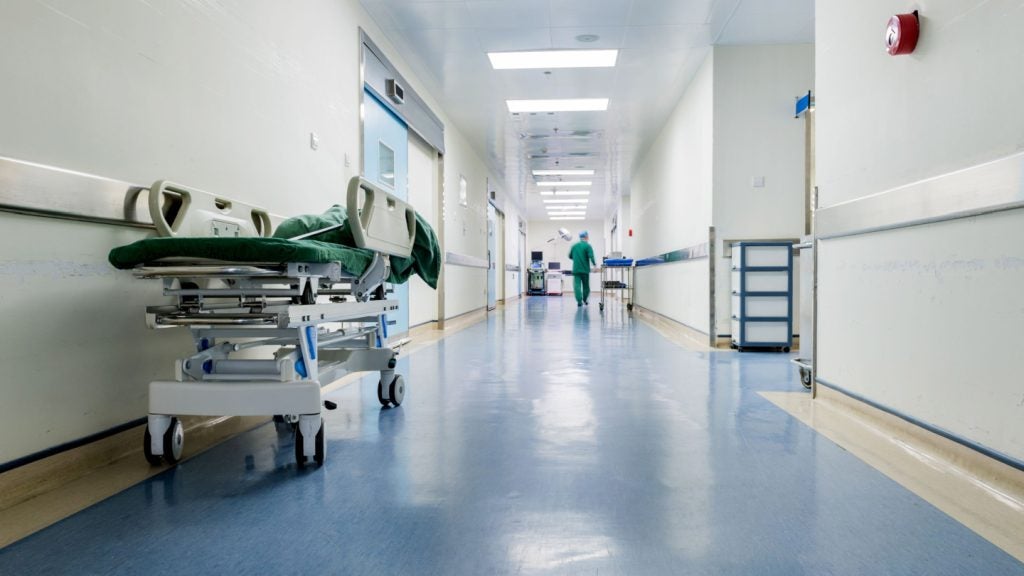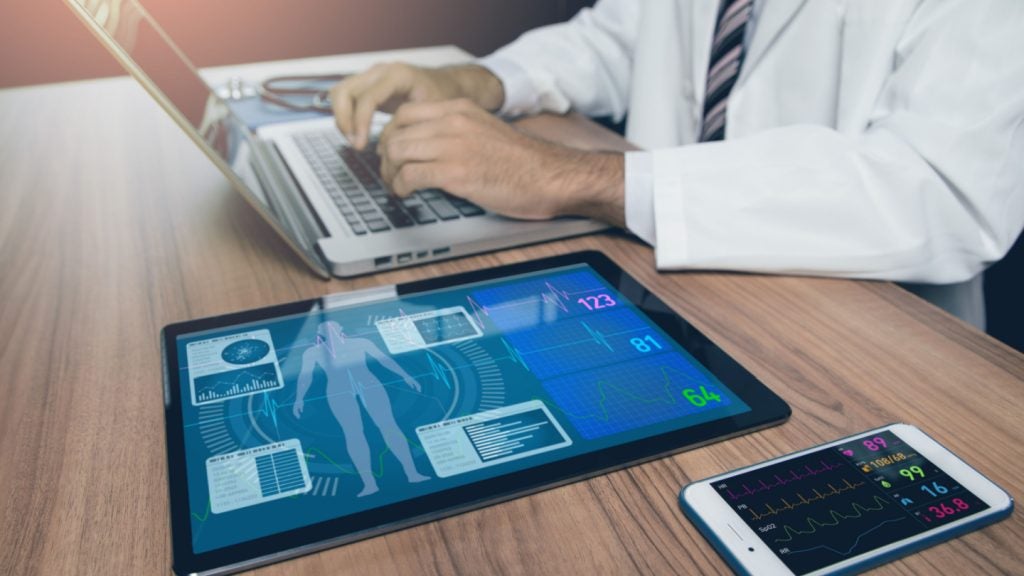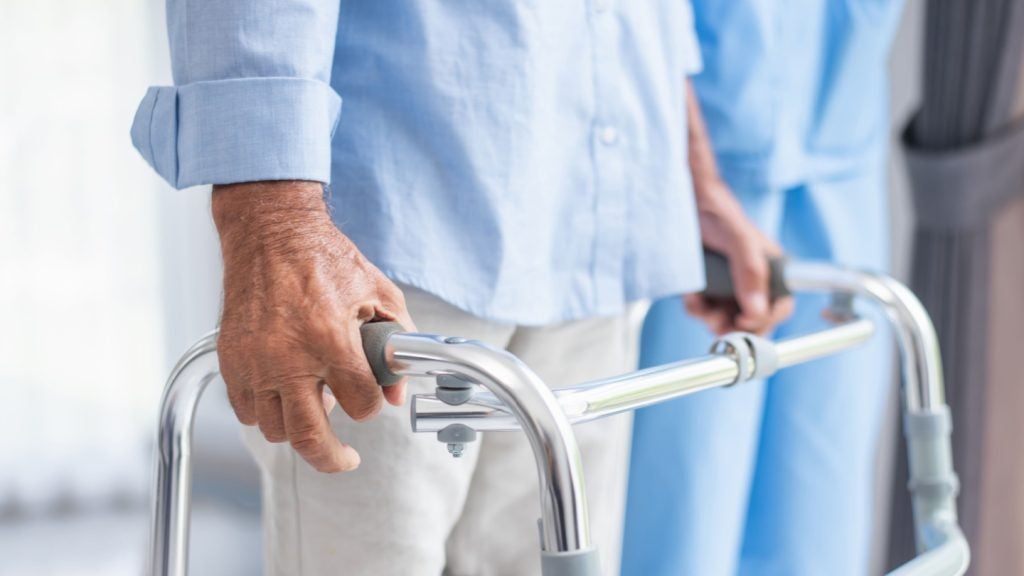A regional hospital system in the US has turned to Canadian health tech firm CloudMD Software & Services for remote patient monitoring (RPM).
The name of the hospital system was not revealed, other than the fact that it is a "major" provider.
Through its proprietary HealthyLYF app and portal, CloudMD will cater to the health provider's more than 25,000 eligible Medicare patients and 115 healthcare providers.
This RPM programme aims to provide proactive care to patients with chronic conditions such as diabetes, heart disease, and respiratory illnesses, by monitoring and managing these patients remotely.
In doing so, the aim is to help reduce visits to emergency units.
CloudMD CEO Karen Adams said: “Our team has created and refined a differentiated remote patient monitoring programme, and this hospital system contract is a testament to that.
“I am proud of the work we have accomplished and the impact we will have on patients using our technology-enabled healthcare.
“We will continue to invest in remote patient monitoring and add proprietary technologies such as iCBT and our in-pilot glucose monitoring system.
“This is foundational for our strategy of US expansion as we continue to build a pipeline of opportunities and innovate to drive health outcomes and evidence-based treatment.”
According to Grand View Research data, the global RPM market is valued at $4.4bn, with a compound annual growth rate of 18.5% projected in the coming seven years.
CloudMD's services range from workplace health and well-being solutions to health and productivity tools for healthcare providers.


